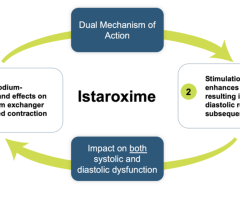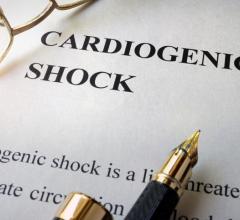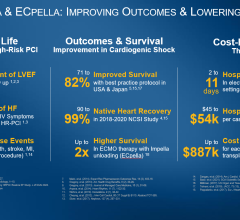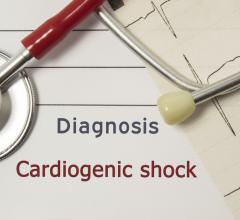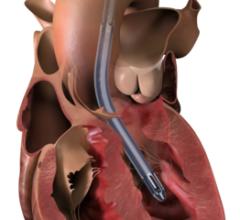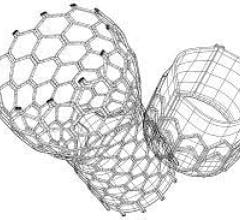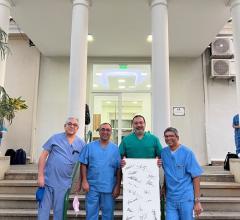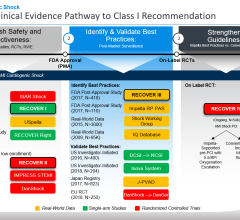
PLS system image courtesy of Maquet
September 8, 2015 — In a new study reported in The Journal of Thoracic and Cardiovascular Surgery, researchers found a dramatic difference in cardiac function recovery with extracorporeal life support (ECLS) after cardiogenic shock depending on the nature of the attack. The results underscore the importance of mechanical circulatory support in helping the patient survive.
Cardiogenic shock is when a patient’s heart is so severely damaged that it is no longer able to pump blood to the organs of the body. When this occurs, mechanical circulatory support may be the only hope for survival. While different options are available, recovery of cardiac function with ECLS differs dramatically depending upon whether the cardiogenic shock results from an acute episode, such as a heart attack, or chronic cardiac deterioration.
“ECLS is a bridge-to-life and should be considered a first-line treatment in primary cardiogenic shock,” explained lead investigator Vincenzo Tarzia, M.D., from the Division of Cardiac Surgery, Department of Cardiac, Thoracic, and Vascular Sciences, Padua University Hospital (Italy). “Therapeutic strategies should be tailored considering the different outcomes with respect to etiology. For those with an acute etiology, short-term ECLS may be the only therapy required.”
Tarzia and colleagues examined the outcomes of 64 patients who received an ECLS device for cardiogenic shock who were refractory to other forms of treatment. Cardiogenic shock had an acute onset in 37 (58 percent) of cases, with 70 percent due to an acute myocardial infarction, 11 percent to myocarditis, 16 percent to a pulmonary embolism and 3 percent to postpartum cardiomyopathy. The investigators compared outcomes in this group to 27 patients who developed cardiogenic shock due to chronic conditions such as dilated cardiomyopathy (74 percent), ischemic cardiomyopathy (19 percent) or congenital myopathy (7 percent).
Investigators found that in the acute group, ECLS was a “bridge-to-recovery” for 18 patients. All of these patients recovered cardiac function and were the only ones in the study to do so, compared with no patients in the chronic group, and this difference was statistically significant. Almost 90 percent of these patients were alive at the one-year follow-up. In the remainder of the acute etiology group, ECLS was used as a bridge-to-transplantation in three patients and a bridge-to-another bridge (such as a ventricular assist device or total, artificial, longer-term support) in nine patients.
The results were very different for the chronic etiology group, in which 14 patients were bridged to a left ventricular assist device and nine received a heart transplant; no patients in this group were “bridged to recovery.”
Thirty-day mortality was higher in the chronic etiology group (26 percent vs. 16 percent). No other differences were noted in mortality during ECLS support, hospital discharge or survival at one-year follow-up.
The investigators also considered how to improve survival for patients placed on ECLS. They found that minimizing the duration of support and maintaining flow rates to about 60 percent of theoretical requirements offered the best chance of survival.
In an accompanying editorial, Vivek Rao, M.D., Ph.D., of Toronto General Hospital, discusses how in recent years ECLS is having a resurgence as a strategy for cardiogenic shock, following initial disappointing experiences with adverse events such as thrombocytopenia, bleeding and thromboembolic complications. “The newer-generation ECLS circuits, as described in this report, have been proven to be more durable, can be rapidly initiated and require less systemic anticoagulation than previous circuits. As such, the clinical outcomes of this therapy have improved considerably,” he said.
The ECLS used in the current study was the PLS system (Maquet Cardiopulmonary AG, Hirrlingen Germany).
The results demonstrate that ECLS outcomes significantly depend upon the condition of the heart and timing of the cardiogenic shock. Rao advised that surgeons should not be discouraged that only 60 percent of the patients survived to hospital discharge. “All of us who have successfully ‘salvaged’ a young 40-year-old patient from near certain death would agree that a 60 percent ‘success rate’ is still a worthwhile endeavor” – especially since about 80 percent of these patients achieved long-term survival.
For more information: www.jtcvsonline.org

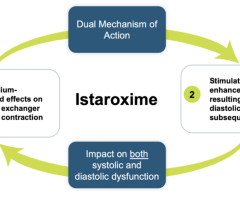
 April 28, 2023
April 28, 2023 
